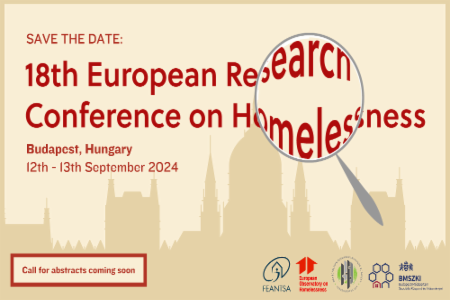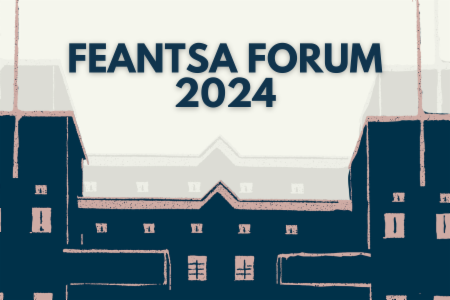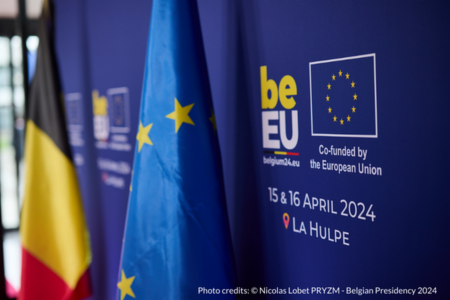How Did Destitute Mobile Citizens Experience the COVID-19 Pandemic?
Obstacles to accessing rights and dignified living
conditions
Sergio Pérez Barranco, Project Officer at FEANTSA
The COVID-19 pandemic has an undeniable impact on the health and economic and social well-being of citizens worldwide. Not only the virus, but the measures implemented to control its spread had a significant effect on the rights of people, of which vulnerable groups were disproportionately affected. Home isolation, restrictions on non-essential sectors and movement, and the closure of services, had a major impact on lower socioeconomic groups and minorities, reinforcing inequalities that were existent before the outbreak of the pandemic.
During this period, mobile EU citizens experiencing destitution and/or homelessness were confronted with challenges relating to both their migrant and socio-economic statuses. In general, people experiencing homelessness were one of the groups with the highest health risks due to their precarious health and living conditions.
This paper aims to provide a detailed analysis on how legal and policy developments during the pandemic impacted mobile EU citizens. First, obstacles faced by mobile EU citizens to both entry and residence will be discussed. Second, we address their access to different rights as reported by several homelessness service providers across Europe, namely healthcare, employment and welfare systems, and accommodation. Third, it is analysed whether there were any significant changes in terms of discrimination or criminalisation. The last section includes conclusions and recommendations that aim to contribute to future policies in the area of free movement and social protection of EU citizens.






